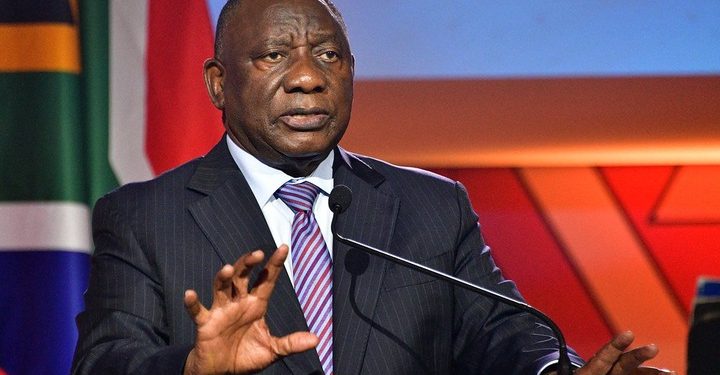In a fiery on-air commentary that has ignited nationwide discussion, prominent Vuma FM radio personality Jacinta Ngobese-Zuma delivered a sharp ultimatum to President Cyril Ramaphosa: “Serve the people or step down.”
Speaking during her popular morning show, which reaches millions across KwaZulu-Natal and beyond, Ngobese-Zuma channeled mounting public anger over unemployment, load-shedding, and perceived government indifference.
“Mr. President, we are tired of polished speeches and empty promises,” she declared. “South Africans are hungry, unemployed, and feel abandoned. If you cannot lead with purpose and compassion, then respectfully, it’s time to step aside.”
Her remarks come amid escalating frustration over rolling blackouts, crumbling infrastructure, record youth joblessness, and unresolved corruption scandals. Many listeners applauded her for vocalizing what they see as a widening disconnect between leadership and citizens’ daily struggles.
Ngobese-Zuma also took aim at the Government of National Unity (GNU), dismissing its efforts as “political theatrics” rather than meaningful action. “This isn’t the time for elite boardroom deals,” she argued. “It’s time to listen to people in rural villages, informal settlements, and townships—the ones bearing the brunt of failure.”
Mixed Reactions
Opposition figures hailed her courage, with some calling it “a wake-up call from the grassroots.” However, ANC supporters dismissed the critique as “reckless populism,” arguing it oversimplified complex governance challenges.
Unfazed, Ngobese-Zuma later clarified her stance: “This isn’t about party politics—it’s about patriotism. If leadership can’t deliver, it must make way for those who can.”
As South Africa grapples with economic and political crises, her bold challenge has intensified debates about accountability, with many asking: Is anyone in power truly listening?**
The Public Weighs In
Social media erupted after the broadcast, with hashtags like #LeadOrLeave and #RamaphosaRespond trending. Some citizens shared stories of unemployment and service delivery failures, while others criticized Ngobese-Zuma for “overstepping” her role as a broadcaster.
Political analysts suggest the outcry reflects deeper disillusionment. “When media personalities become the voice of public frustration, it signals a breakdown in trust between government and the people,” said political analyst Thabo Mbeki.
What Next?
The Presidency has yet to respond, but pressure is mounting for Ramaphosa to address these concerns directly. With local elections approaching, Ngobese-Zuma’s message may resonate far beyond the airwaves—potentially shaping voter sentiment.
One thing is clear: in a nation weary of unfulfilled promises, demands for decisive leadership are growing louder by the day.






















